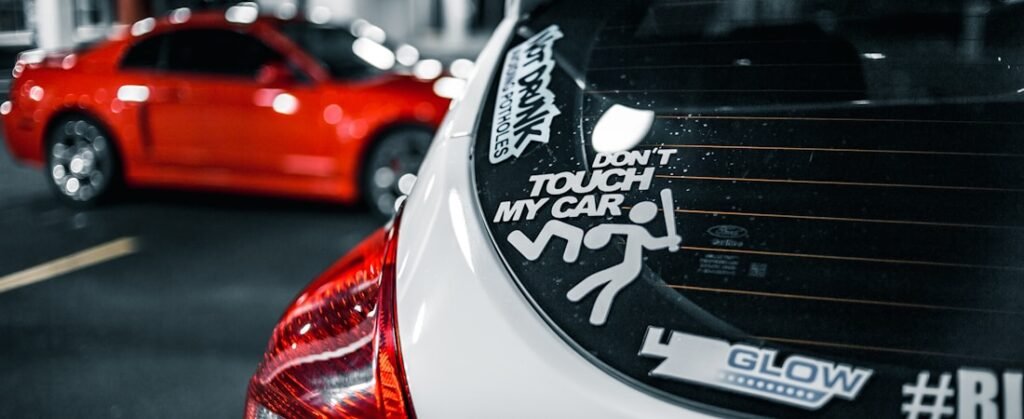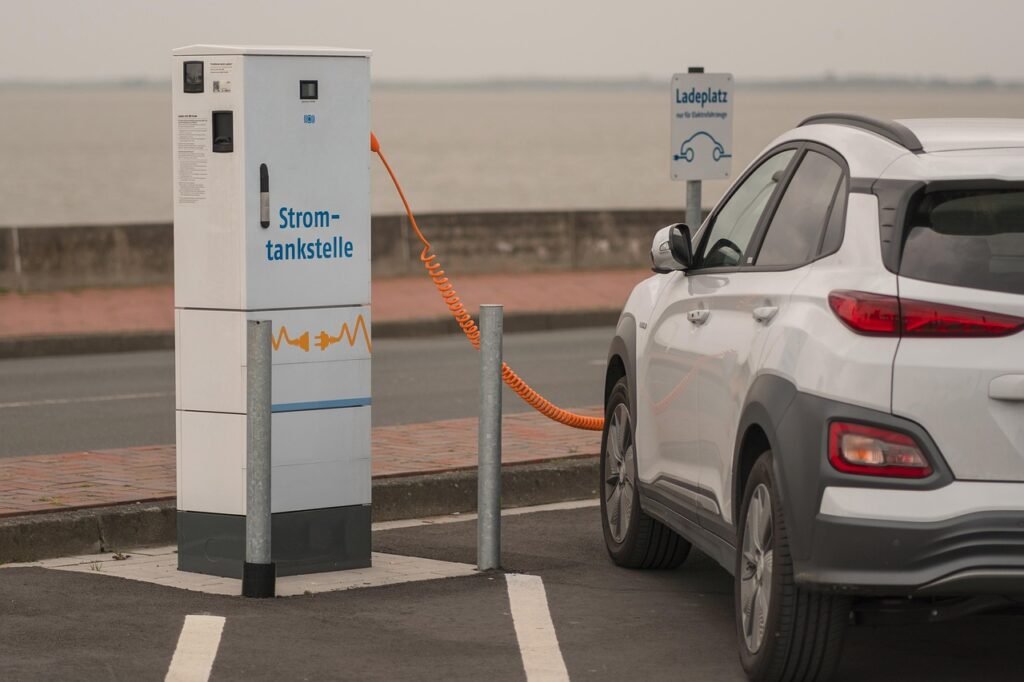The car market in India is evolving rapidly. With fuel prices hitting record highs and climate change becoming a real concern, Electric Vehicles (EVs) are no longer just a trend — they are becoming a strong alternative to traditional Petrol cars. But the question remains: which one is better for you?
Let’s break it down based on real-world Indian conditions 👇
⚡ 1. Running Cost: EV Wins, Hands Down
| Parameter | Petrol Car | Electric Car |
|---|---|---|
| Fuel Cost/km | ₹7–9 per km (avg 16–18 kmpl @ ₹100/litre) | ₹1–1.5 per km (₹6/unit electricity) |
| Monthly Cost (1000 km) | ₹7,000–9,000 | ₹1,000–1,500 |
✅ Verdict: EVs are up to 6–7 times cheaper to run. Over 5 years, you could save ₹3–4 lakh just on fuel.
🛠 2. Maintenance: EVs are Simpler
- Petrol Cars have engines with hundreds of moving parts. You need regular oil changes, air filter replacements, clutch maintenance, etc.
- EVs have fewer moving parts, no engine oil, no exhaust, and minimal servicing needs.
✅ Verdict: EVs cost 40–60% less to maintain over time.
🏎 3. Performance & Driving Experience
- Petrol Cars have gradual acceleration, gear shifts, and engine sound.
- EVs provide instant torque and silent, smooth rides. No gear shifts, just one continuous surge.
Example: Tata Nexon EV accelerates faster than its petrol sibling. MG ZS EV feels peppier than many ICE SUVs.
✅ Verdict: For urban rides and zippy performance, EVs feel futuristic and fun.
🛑 4. Refueling vs Charging: Petrol Still Wins for Convenience
- Petrol pumps are everywhere — refueling takes 5 minutes.
- Charging an EV at home (slow) takes 6–8 hours. Fast charging stations can do 80% in 45–60 mins — but aren’t yet everywhere.
✅ Verdict: Petrol wins for convenience, but home charging is cheaper and practical for most city users.
💸 5. Cost of Ownership: Getting Closer
| Cost Head | Petrol Car | Electric Car |
|---|---|---|
| On-Road Price | ₹6–12 lakh (average) | ₹8–16 lakh (average EVs) |
| Fuel Cost (5 yrs) | ₹4–5 lakh | ₹60,000–80,000 |
| Maintenance (5 yrs) | ₹50,000–70,000 | ₹20,000–30,000 |
| Total (est.) | ₹11–17 lakh | ₹10–17 lakh |
✅ Verdict: Despite higher upfront cost, EVs often break even in 3–4 years, thanks to low running cost.
🌍 6. Environment Impact: EV is a Clear Winner
- Petrol Cars = CO₂, NOx, particulate matter emissions.
- EVs = Zero tailpipe emissions, cleaner air in cities.
Even with coal-powered electricity, EVs emit less CO₂ overall, and India is gradually shifting to renewables.
✅ Verdict: EVs are better for the planet and lungs.
🔄 7. Resale Value & Battery Life
- EV resale is improving, especially for popular models like Nexon EV, ZS EV.
- Battery replacement cost (₹3–5 lakh) still concerns buyers, but most EVs come with 8-year battery warranties.
✅ Verdict: Still evolving, but confidence in EV longevity is rising.
🧩 8. Which One Should You Buy?
➤ Go for an Electric Car if:
- You drive mostly in the city (daily 50–100 km)
- You want low running costs and smooth rides
- You have a parking spot to install a charger
- You want a future-ready, eco-conscious vehicle
Best Choices: Tata Tiago EV, Tata Nexon EV, MG Comet, Mahindra XUV400, BYD Dolphin
➤ Stick with a Petrol Car if:
- You travel long distances often
- You don’t have access to home charging
- You want quick refueling and no charging hassle
- Budget is tight and EV options are out of range
Best Choices: Maruti Swift, Hyundai i20, Tata Punch, Kia Sonet
🚦 Final Thoughts
| Category | Winner |
|---|---|
| Running Cost | ⚡ Electric Car |
| Maintenance | ⚡ Electric Car |
| Refueling Time | ⛽ Petrol Car |
| Eco-Friendliness | ⚡ Electric Car |
| Driving Feel | ⚡ Electric Car |
| Upfront Cost | ⛽ Petrol Car |
In 2025, Electric Cars make more sense than ever before — especially if you live in a city and want a car that’s efficient, quiet, and future-proof. But if you’re a highway warrior or live in areas with poor charging infra, petrol still has its place.


